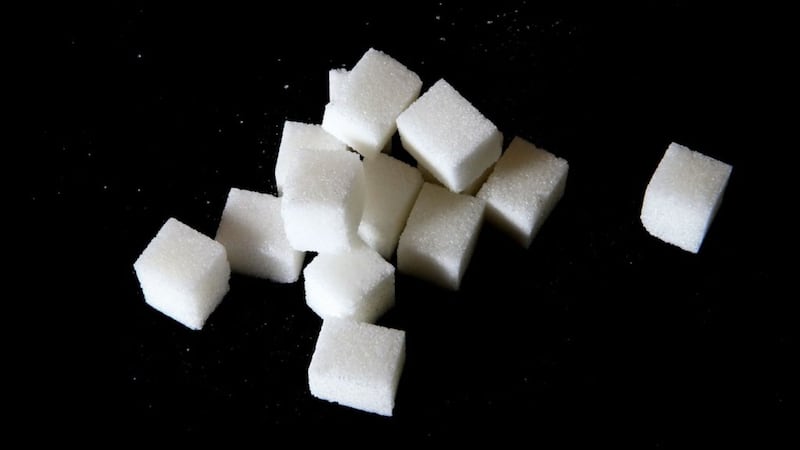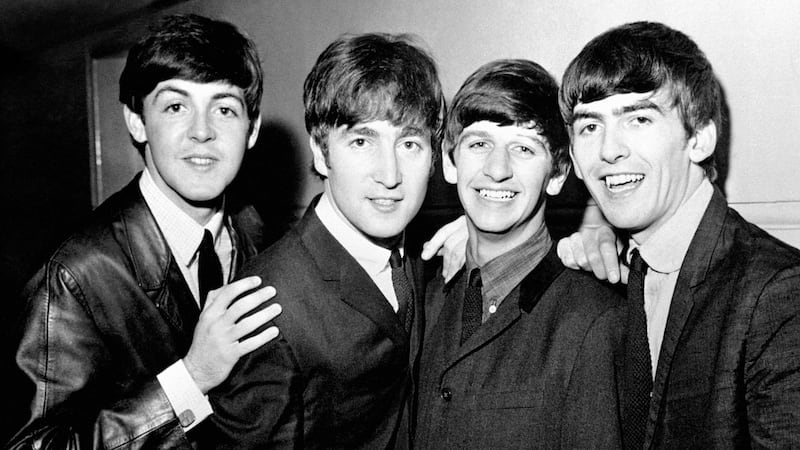This may go against what you learned at school, but apparently the human brain is capable of making a type of sugar known as fructose. At least, according to researchers at Yale University.
Fructose is a simple sugar found naturally occurring in fruit and vegetables. In humans, it is usually produced in the liver when food is broken down during digestion.
However, fructose also exists in processed foods such as sweetened fruit juices and soft drinks and is known to contribute to high blood sugar and chronic diseases like obesity.
To learn how the brain creates fructose, researchers tested eight lean and healthy volunteers by giving them infusions of glucose over a four-hour period.
Then using magnetic resonance spectroscopy, a noninvasive neuroimaging technique, scientists measured the sugar concentrations in the participants’ brains.
They also monitored the sugar concentrations in their blood.
Scientists found that after glucose infusion, cerebral fructose levels saw a significant spike. But the changes in fructose levels in the blood were minimal.
They say this is because a mechanism, known as polyol pathway, metabolises glucose and converts it into fructose in the brain, leading to high levels of fructose in the region.
Research author Dr Janice Hwang said: “In this study, we show for the first time that fructose can be produced in the human brain.”
The experiment was conducted on a small group of test subjects, but researchers say their findings open up possibilities for further studies.
Hwang says: “By showing that fructose in the brain is not simply due to dietary consumption of fructose, we’ve shown fructose can be generated from any sugar you eat. It adds another dimension into understanding fructose’s effects on the brain.”
The study is published in JCI Insight.








